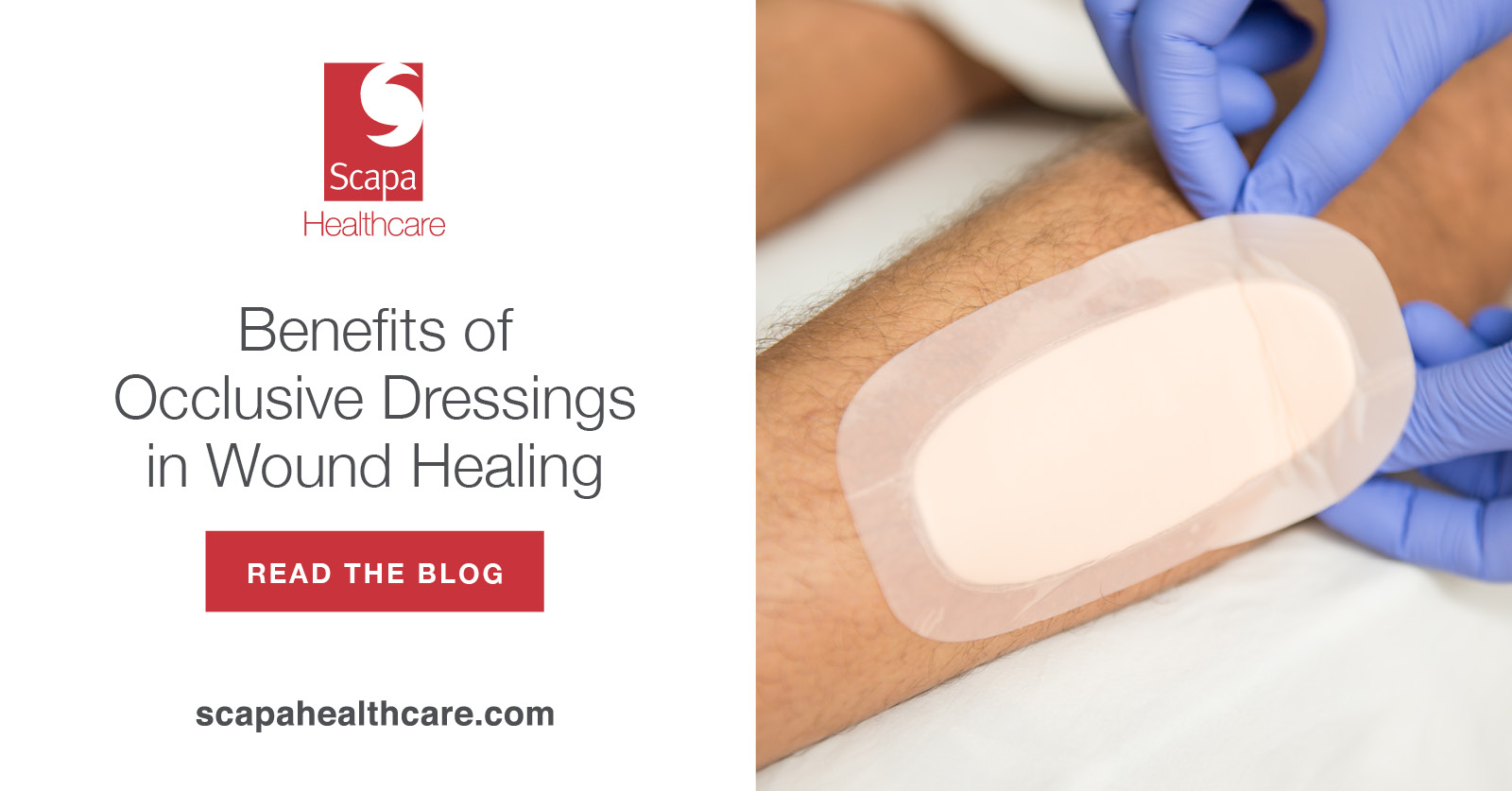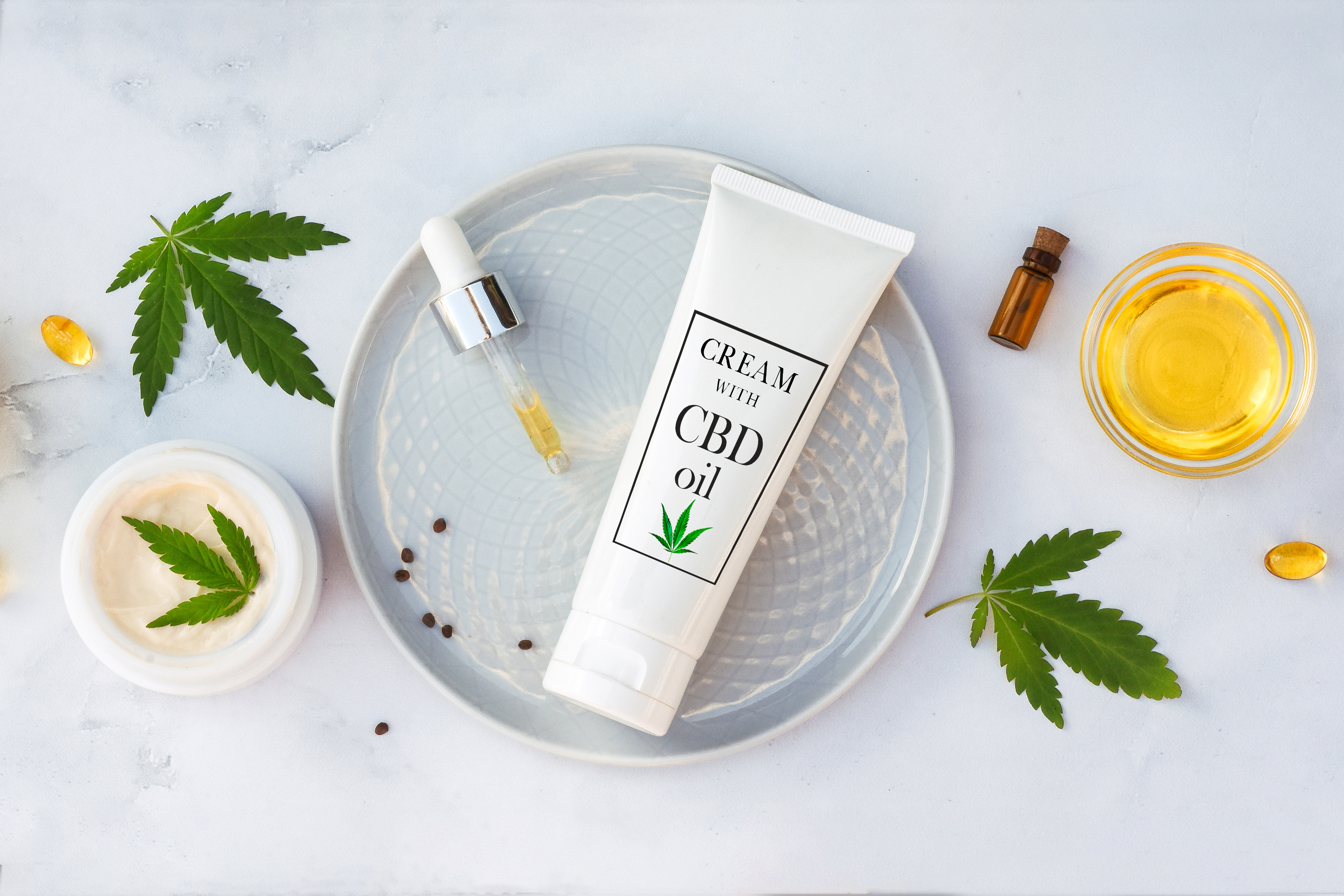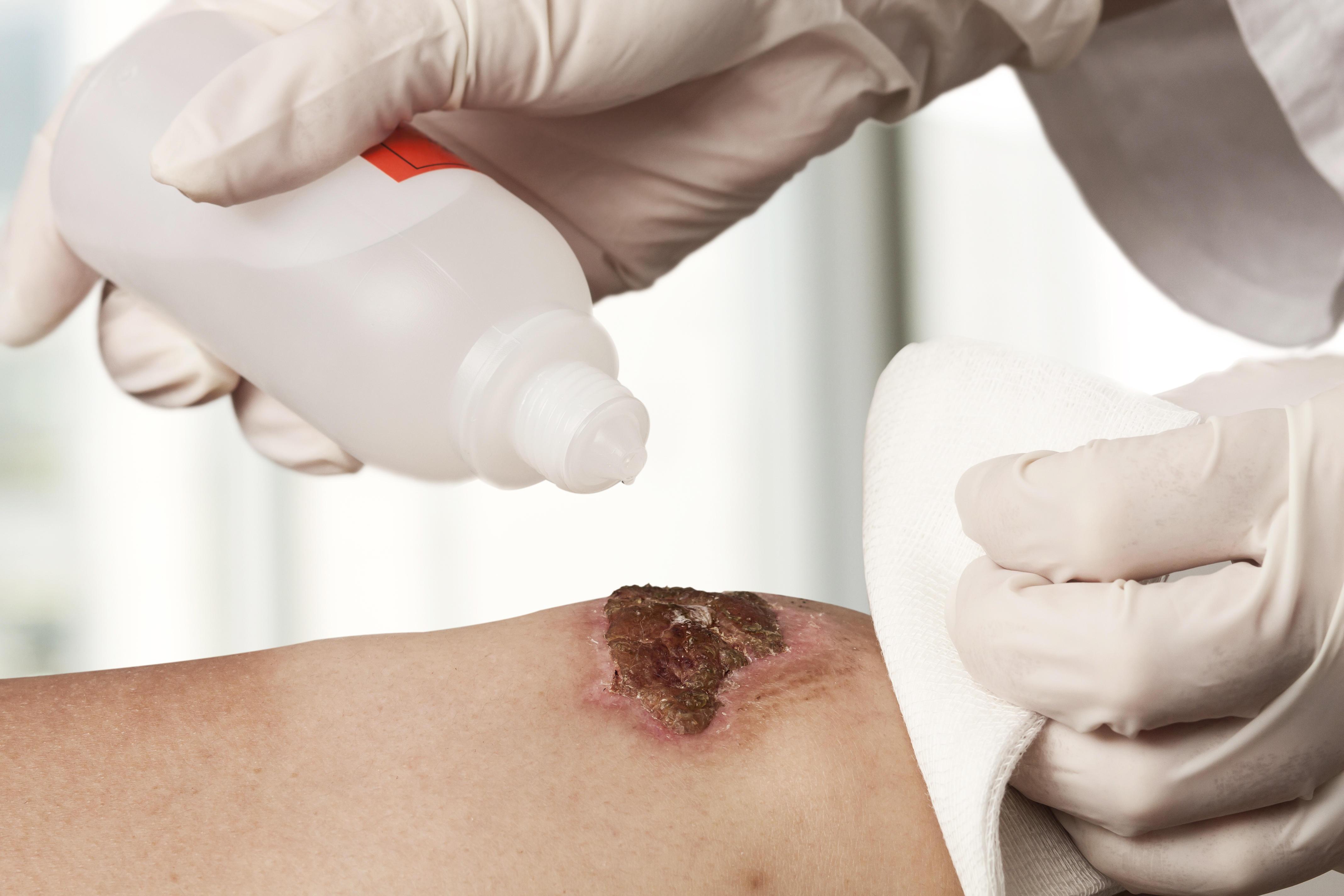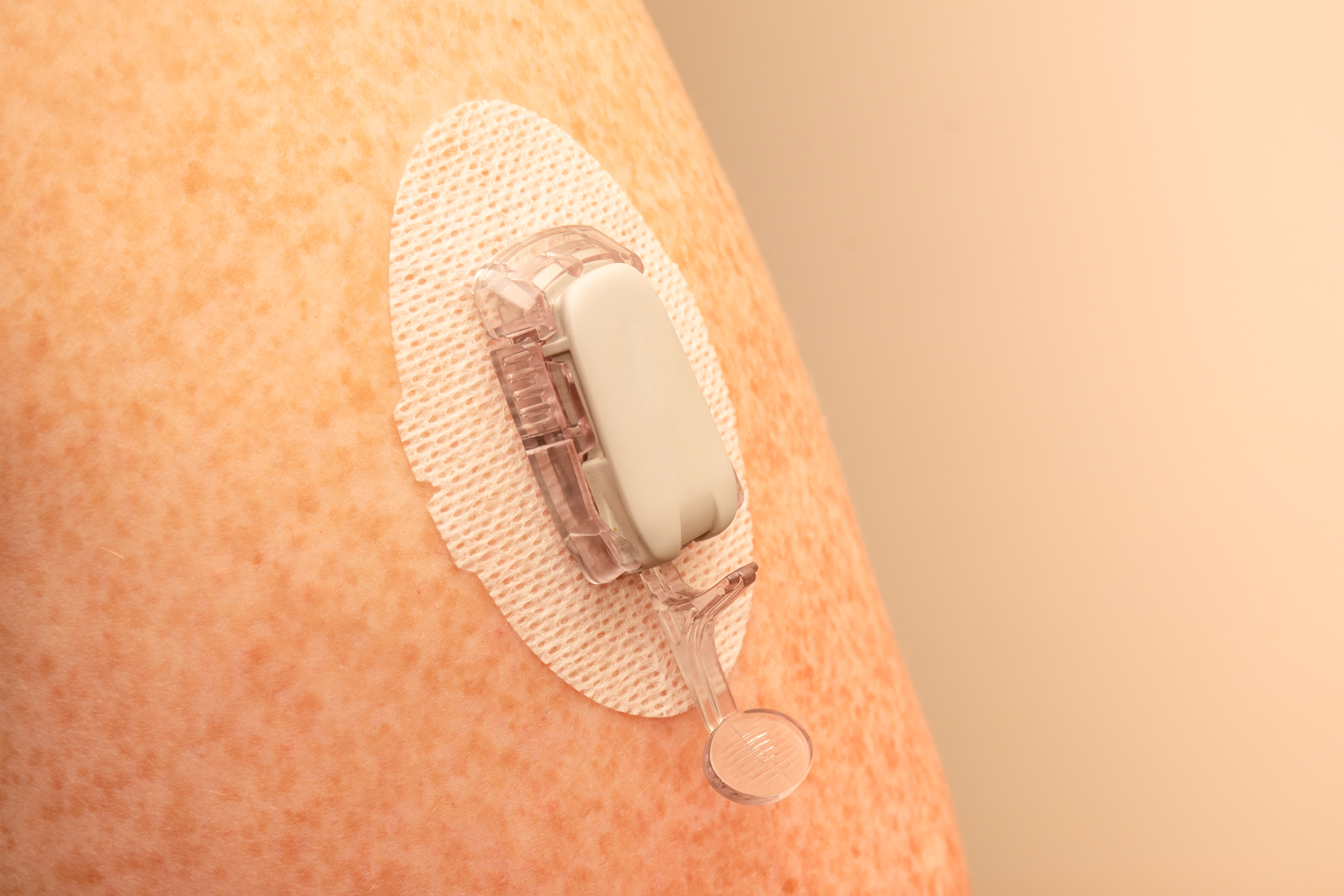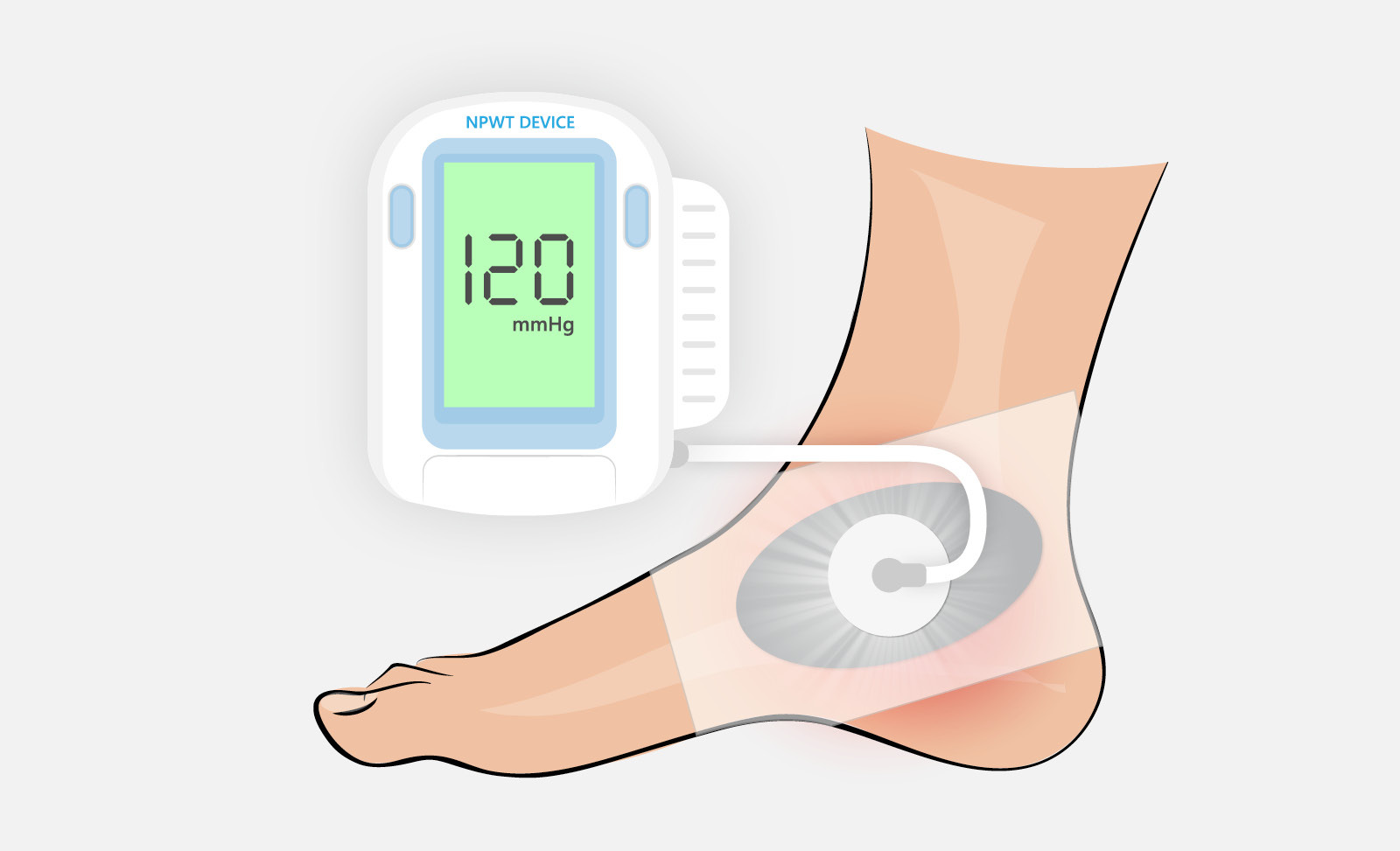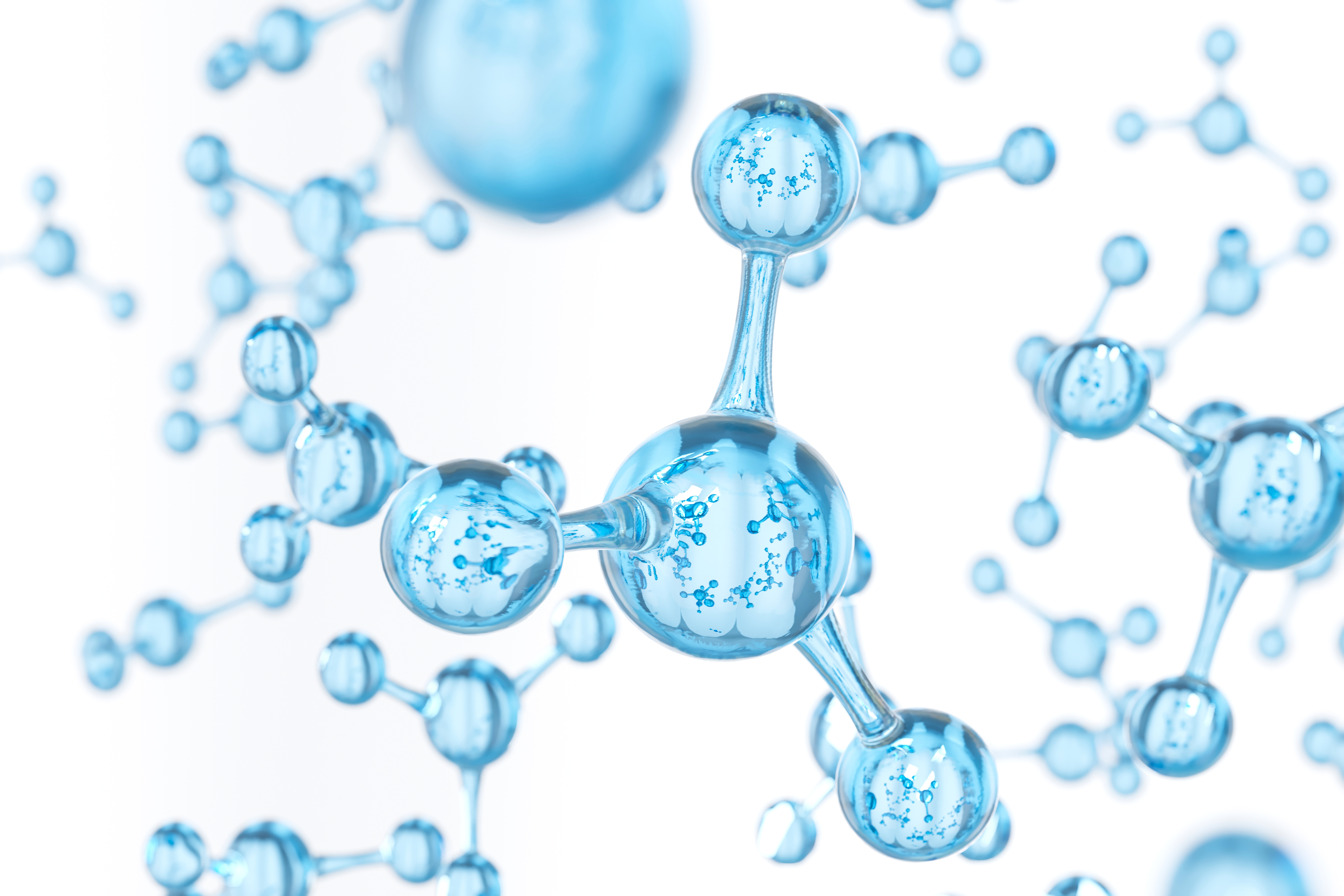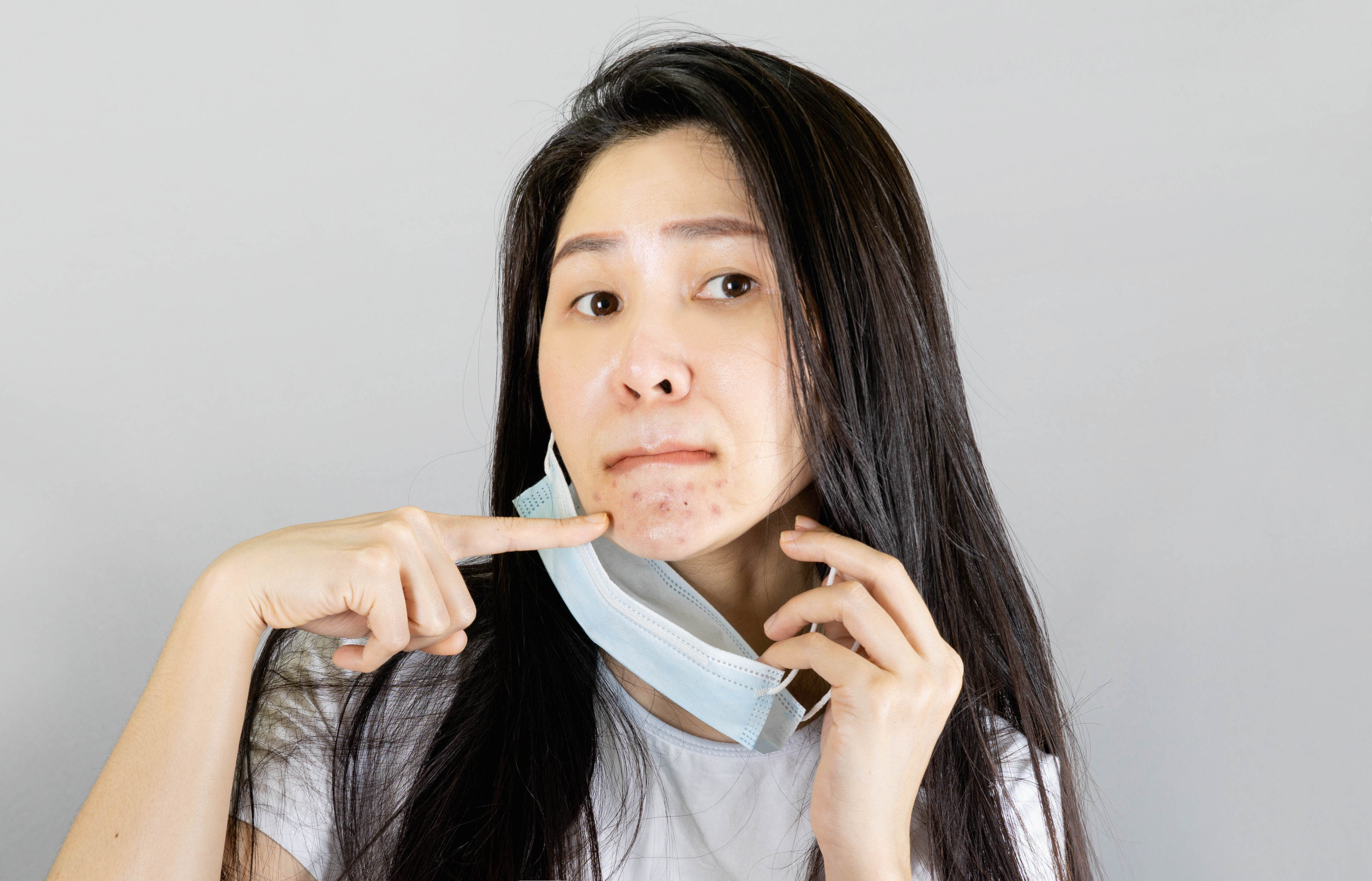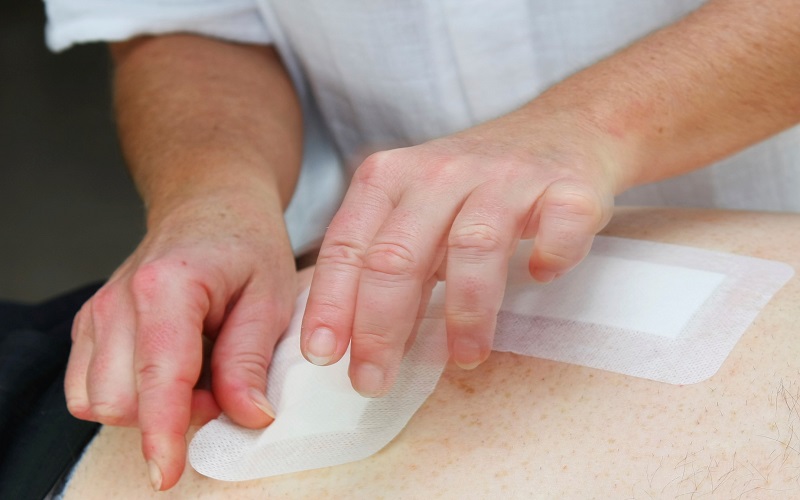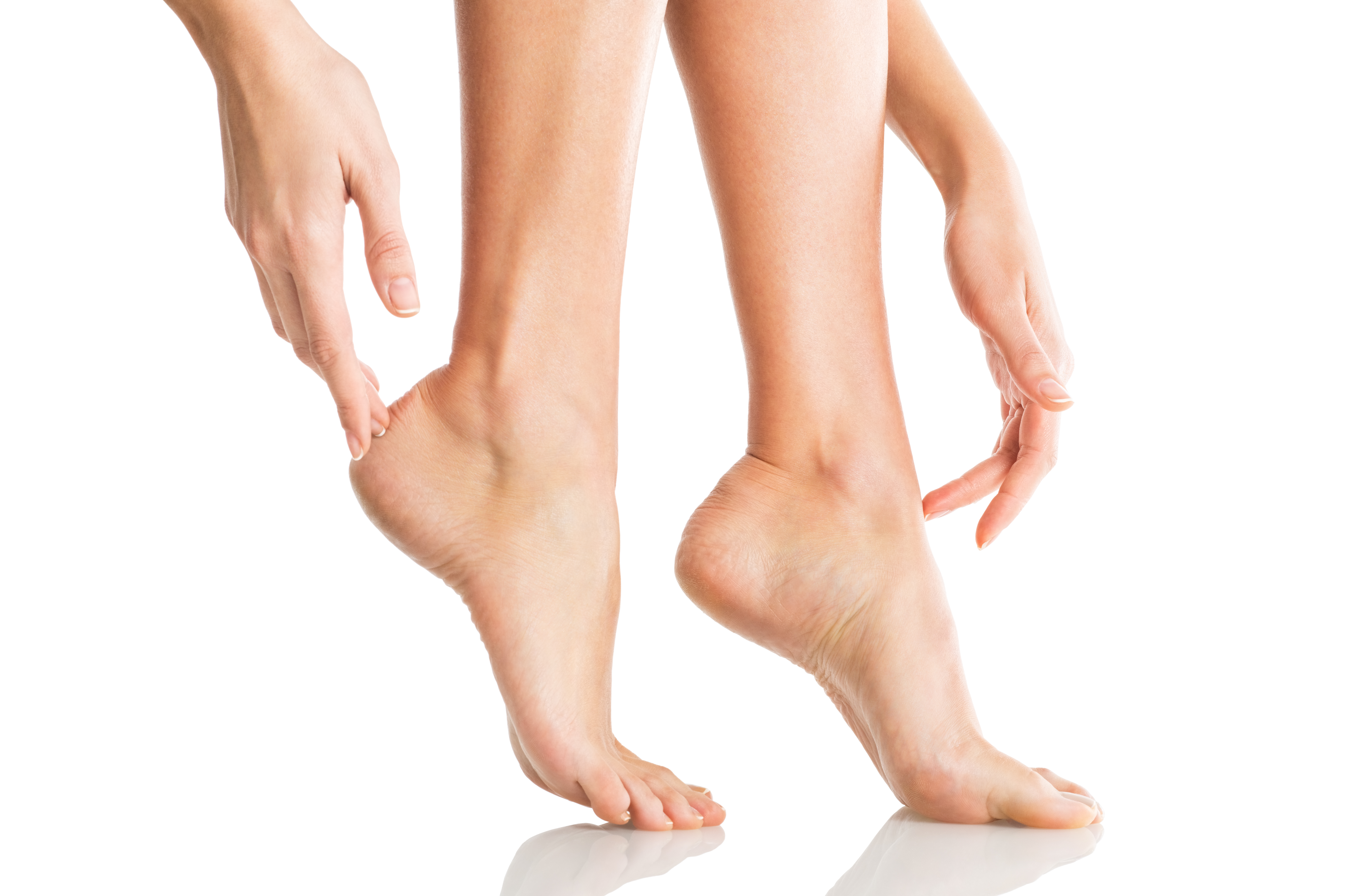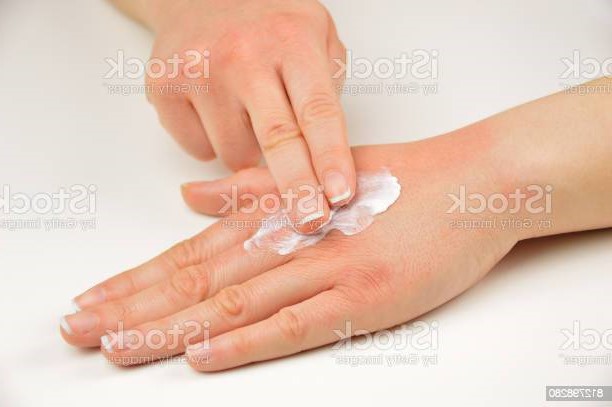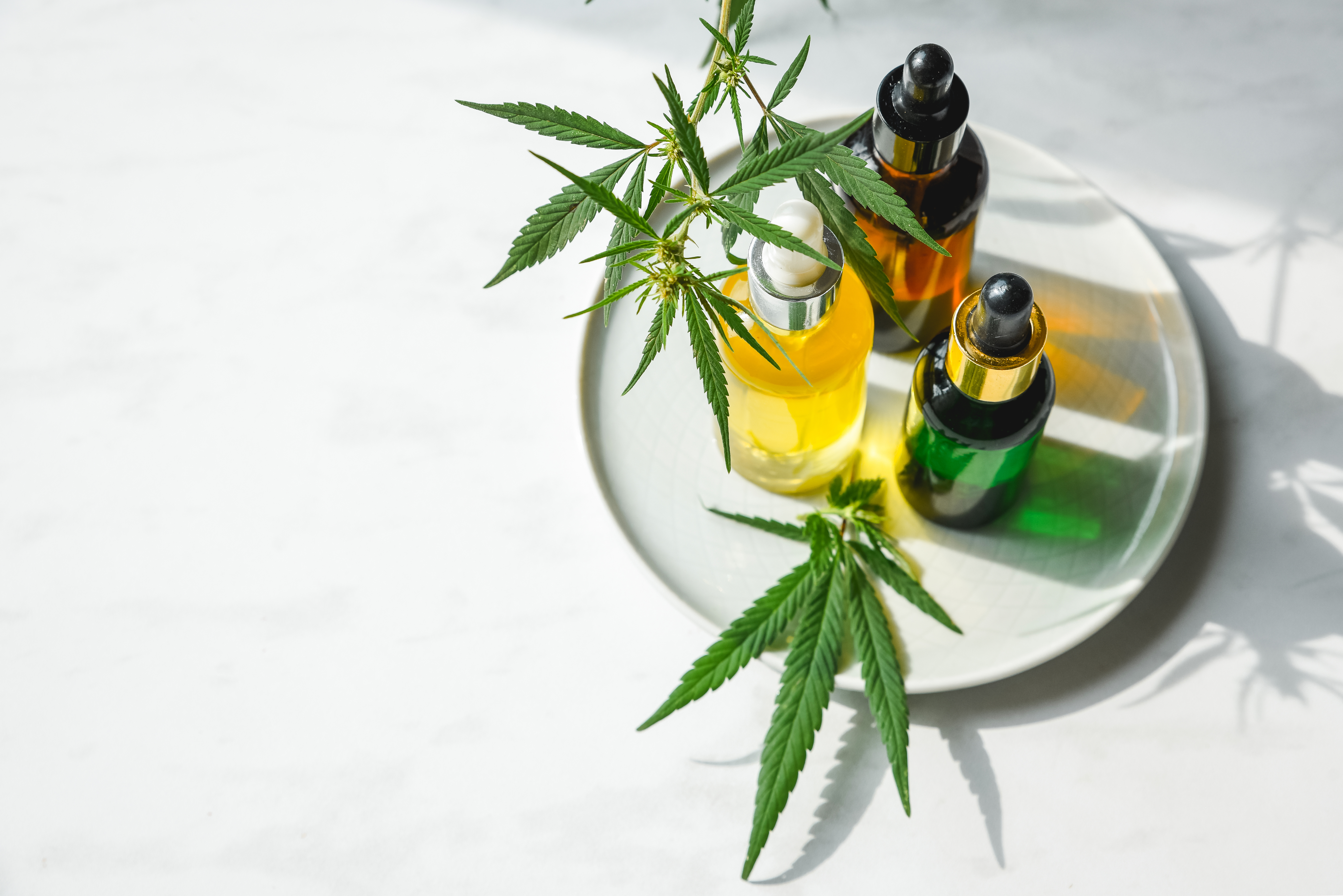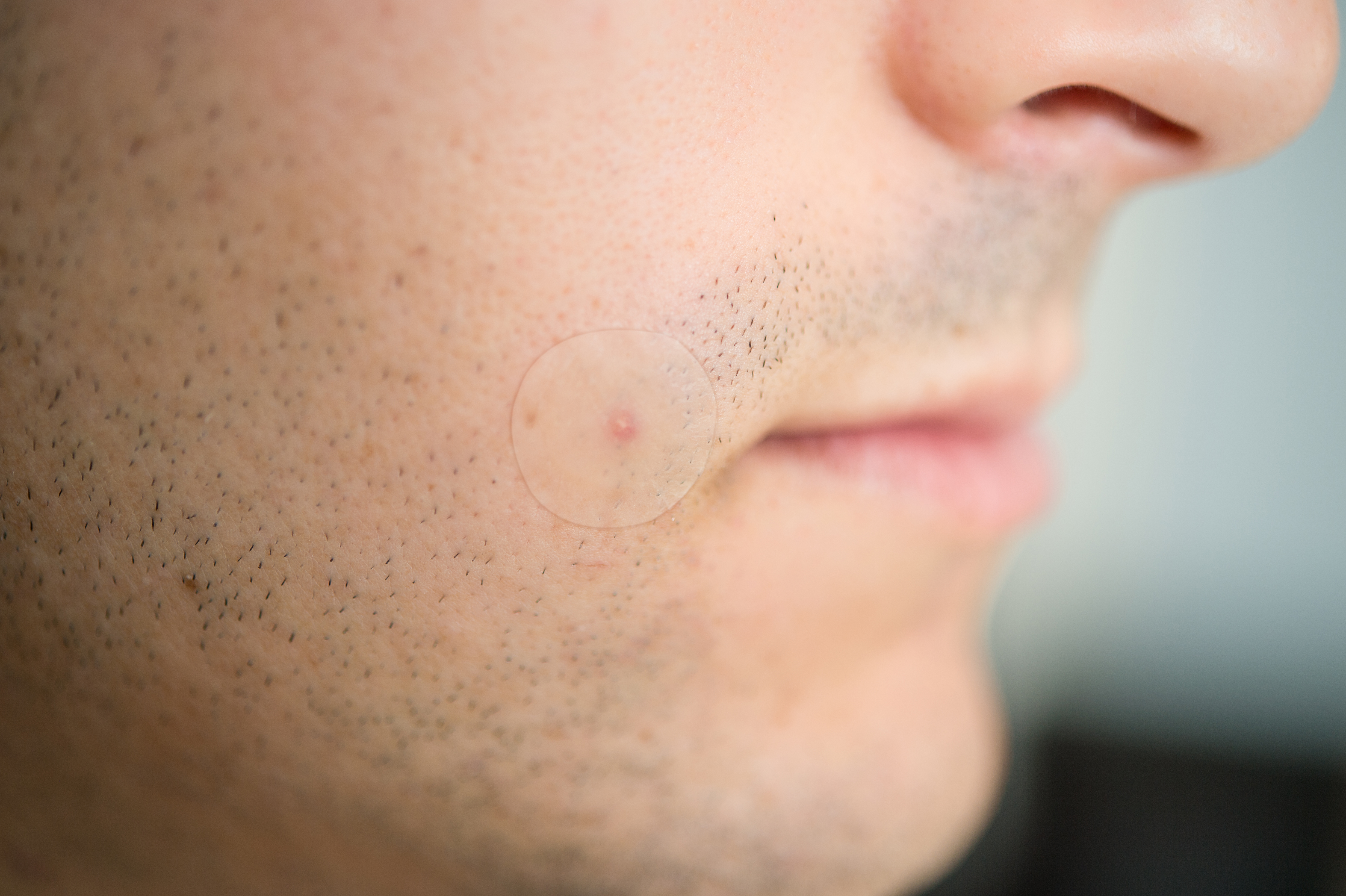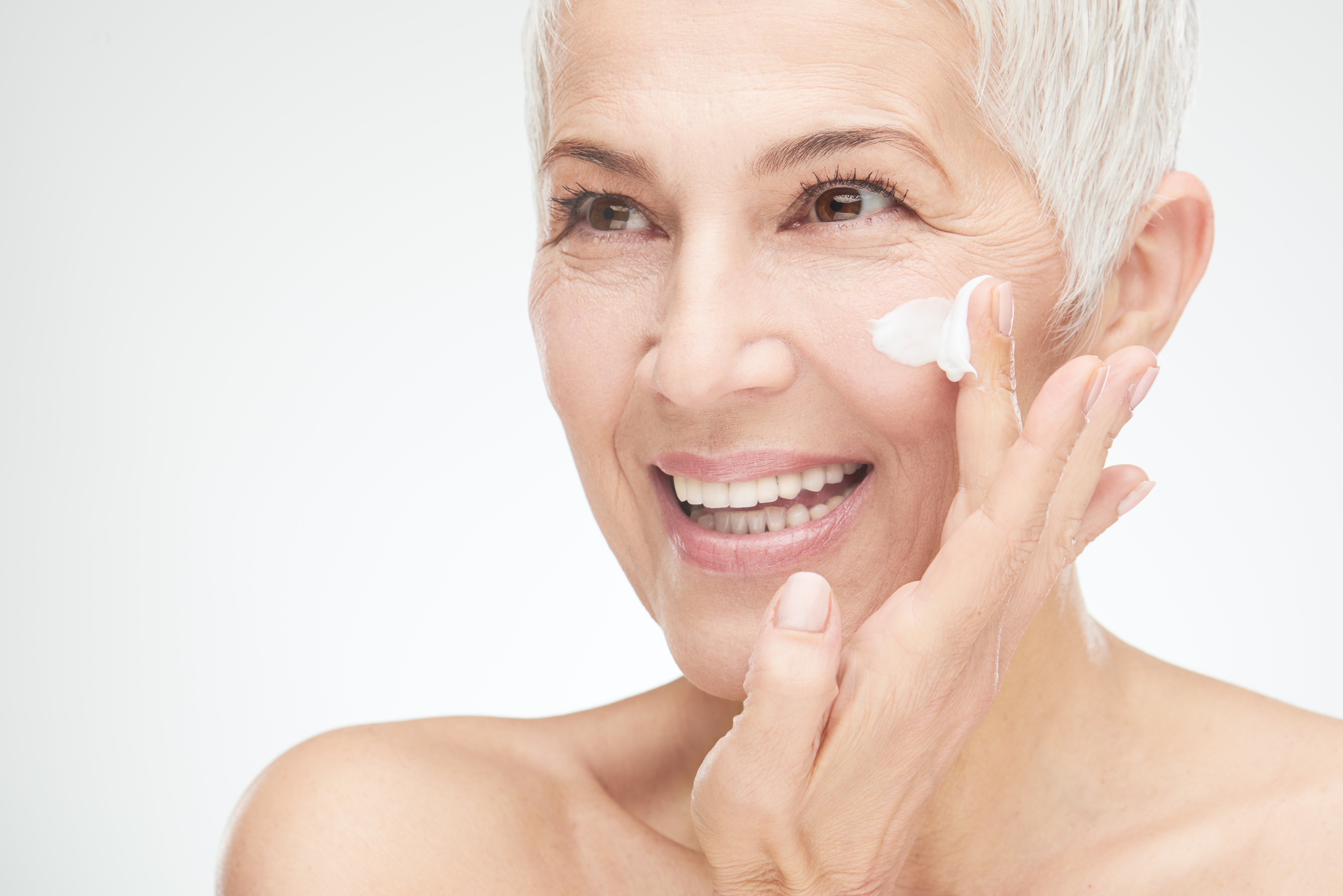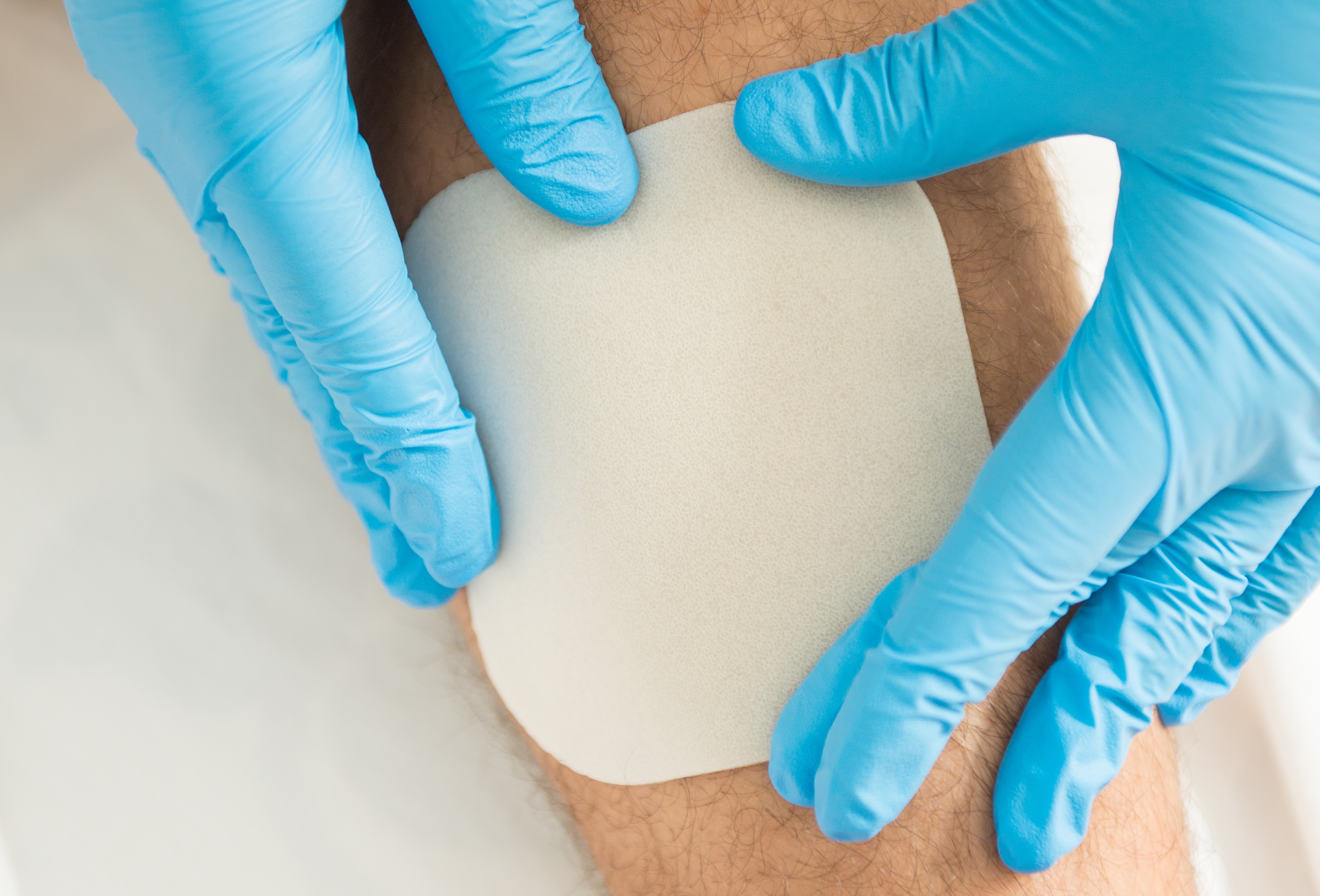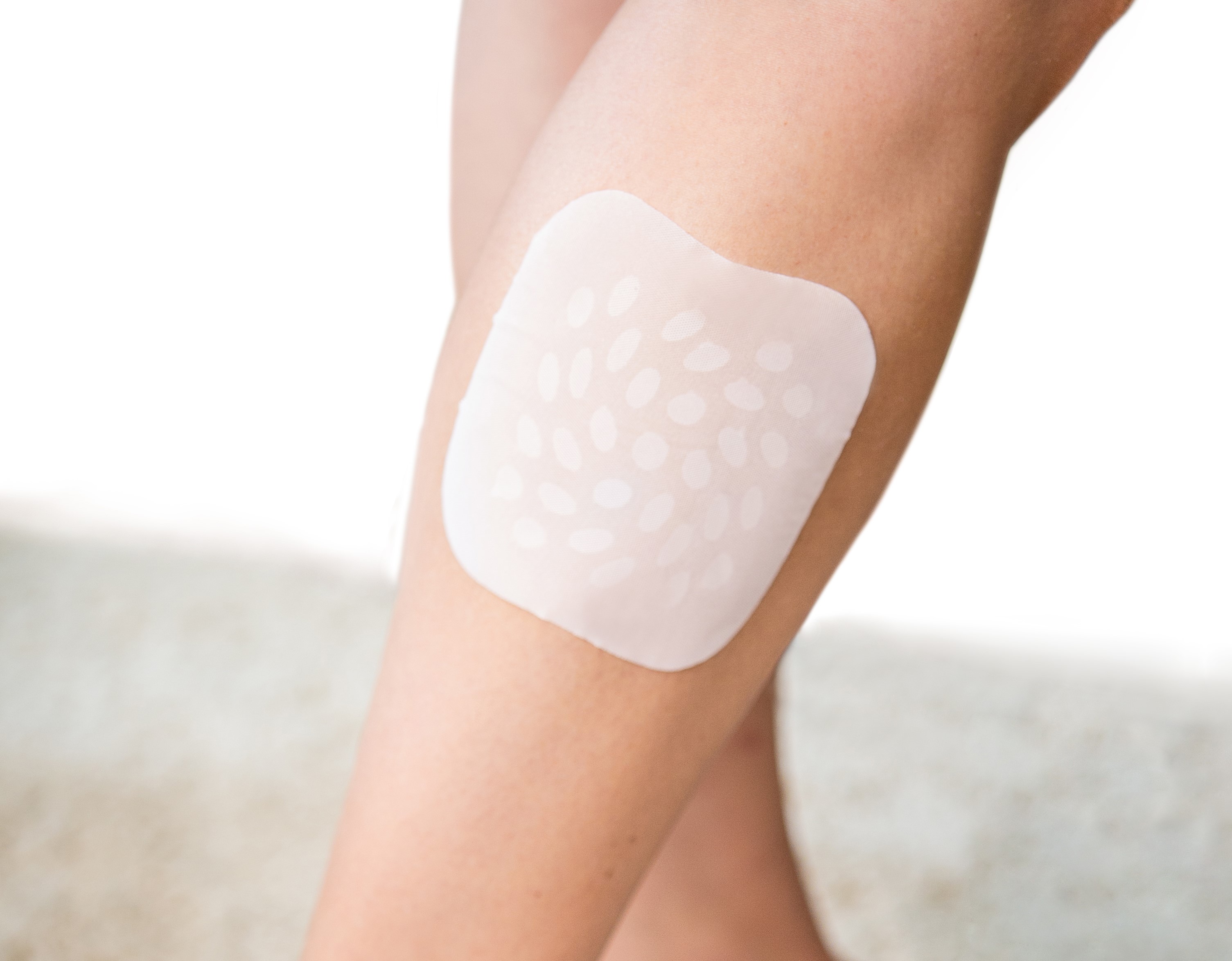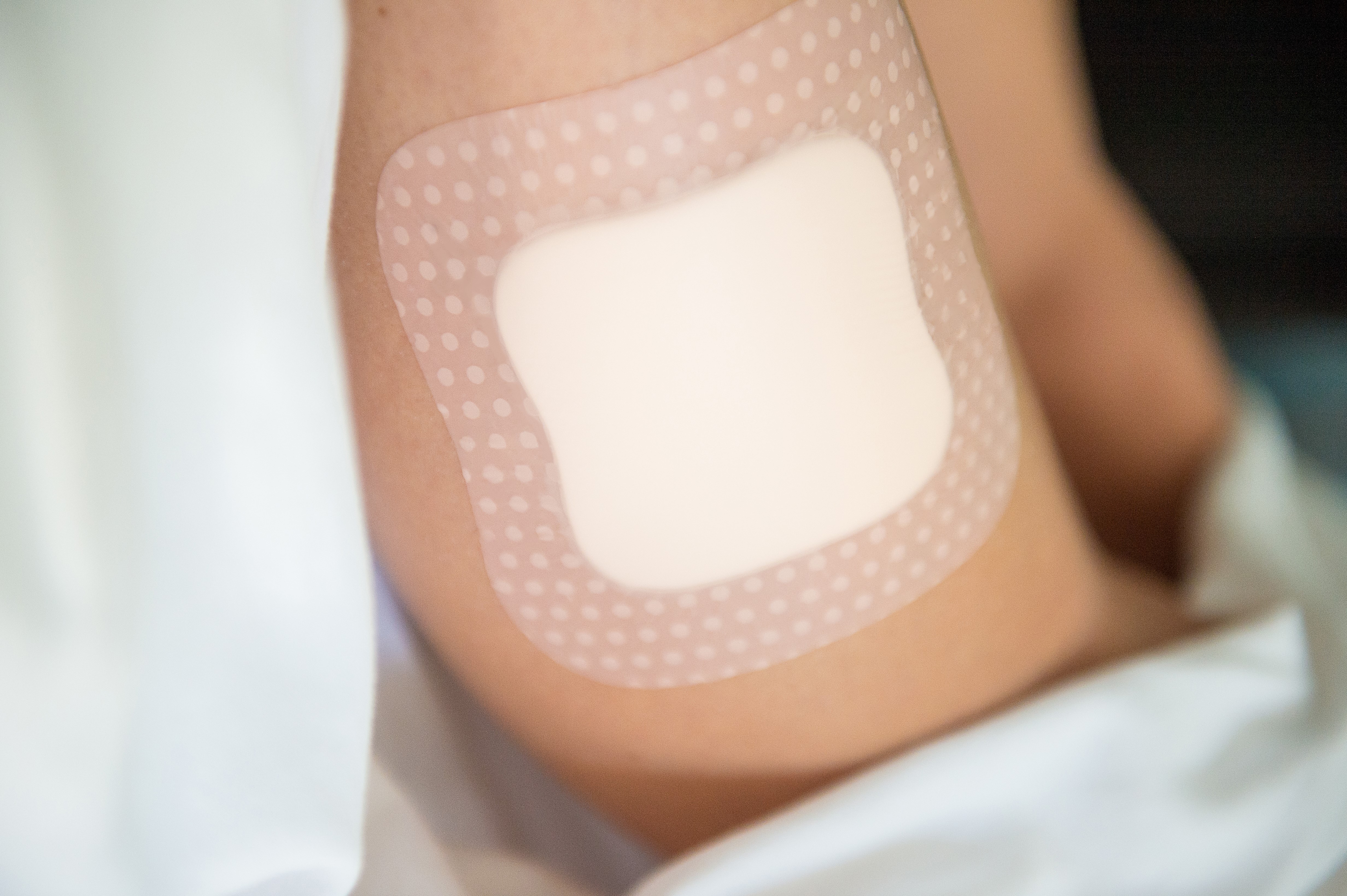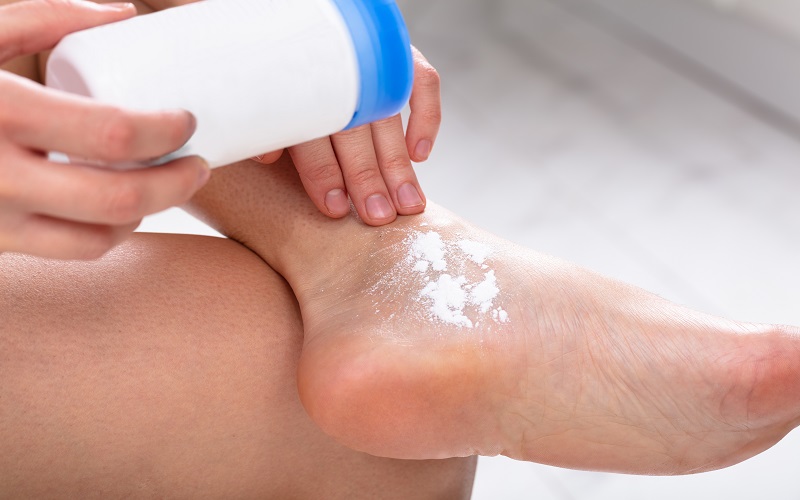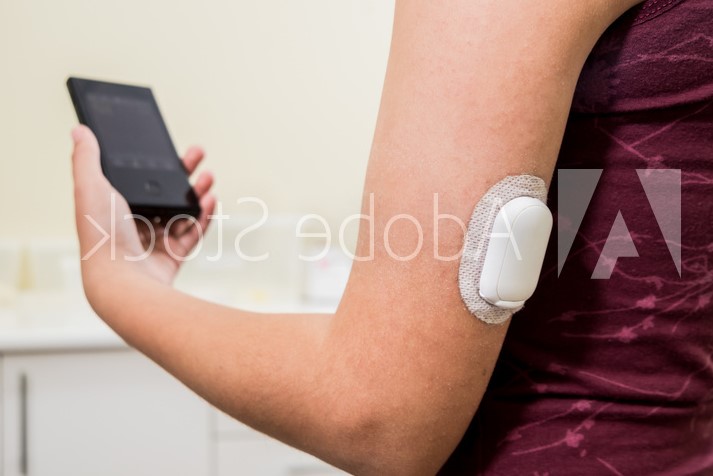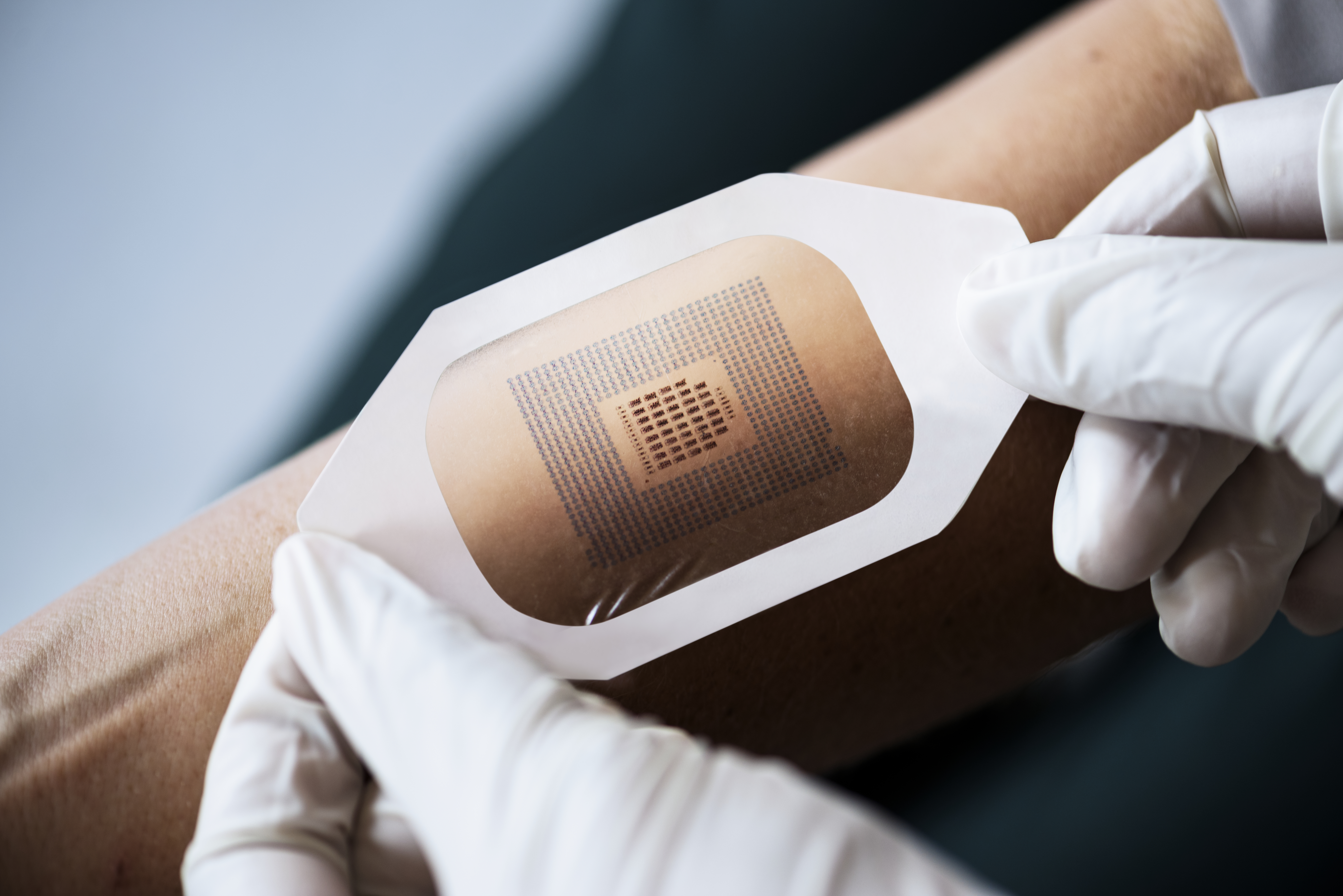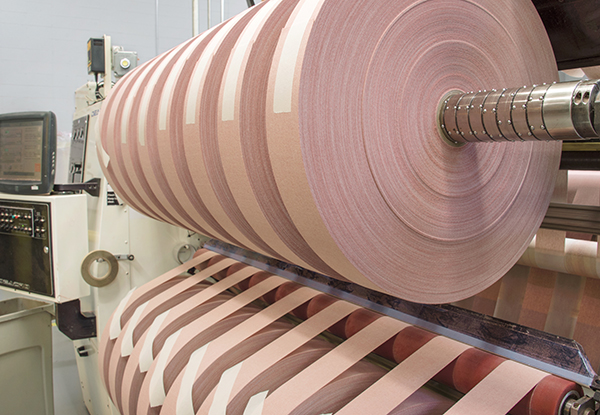The demand for men’s personal care products has significantly increased over the last decade with millennial men leading the way, more conscious about their physical appearance than ever.
The demand for men’s personal care products has significantly increased over the last decade. Perception around men’s beauty standards is evolving and millennial men have been the key drivers of this trend as they are more conscious about their physical appearance and more open to exploring new skincare products. Furthermore, gender stereotypes have begun to break down and beauty products are now being designed specifically for men as well as for women. Other market trends such as the growing awareness of health, wellness and better self-care; the impacts of the COVID-19 pandemic such as irritation from increased hand washing and wearing masks; better grooming habits; the popularity of organic and natural products; and the impact of social media influencers are expected to continue to boost growth for this category.
High-growth grooming and skincare products for men include creams and moisturizers, sunscreens, cleansers and face washes, serums, eye treatments, shave care, beard wax, balm and oil, and other innovative products.
Is There a Difference Between Men’s and Women’s Skincare Products?
To expand on these points, a literature review by an international group of physicians published in the International Journal of Women's Dermatology drew research-based conclusions from 57 selected papers regarding the differences between men’s and women’s skin. The most comprehensive conclusions included that hydration, transepidermal water loss, sebum, microcirculation, pigmentation, and thickness are generally higher in men but skin pH is higher in women.[2] Because of these unique differences, male skin could benefit from a tailored skincare routine to help keep skin at its natural best[3].
For example, due to some of the factors noted above, women's products may focus more on moisturization than men's to compensate for lower sebum production. Because women are more likely to experience adult acne from hormonal changes, many products account for that by including exfoliants, calming and acne-fighting ingredients in the formulations. Men may want to begin using products that contain retinol earlier than women because of the gradual decline in collagen levels starting at a young age.[4] Furthermore, although women also have facial and body hair, it is typically not as thick or coarse as that of men. As a result, male skin typically has an increased density in oil and sweat glands and hair follicles that can result in a greater occurrence of issues including irritation and ingrown hairs. That may mean that men require active ingredients that are higher in concentration and formulations that are able to deliver active ingredients into oilier skin.[1]
Men’s and women’s hormonal changes affect their skin in different ways. For example, higher testosterone in males may result in more body acne while low estrogen in females due to age and menopause may result in thinner skin with less collagen causing increase in wrinkling and skin dryness.
When creating skincare products that will truly meet the evolving needs of today’s modern male consumers, companies need to carefully identify the market gaps they want to address. When executing that plan, it is important to collaborate with a contract development manufacturer with deep expertise in formulation development and sourcing including effective ingredients, sustainable manufacturing practices and more.
Scapa Healthcare has an in-depth understanding of custom skincare formulations and can support customers' product development needs from concept to commercialization. To learn more about how Scapa Healthcare can help you create the ultimate men’s skincare formulations, contact us directly at [email protected].
View website



